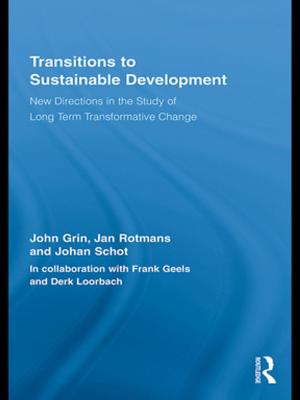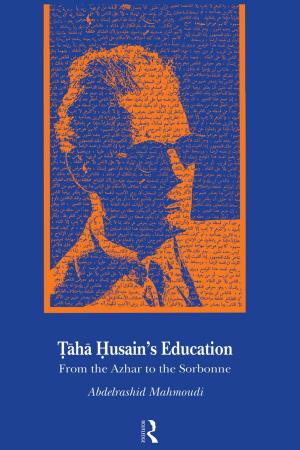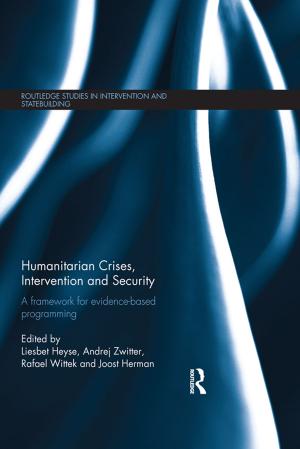Conversations with Terrorists
Middle East Leaders on Politics, Violence, and Empire
Nonfiction, Social & Cultural Studies, Social Science, Sociology, Political Science| Author: | Reese Erlich, Baer Robert | ISBN: | 9781317261988 |
| Publisher: | Taylor and Francis | Publication: | January 8, 2016 |
| Imprint: | Routledge | Language: | English |
| Author: | Reese Erlich, Baer Robert |
| ISBN: | 9781317261988 |
| Publisher: | Taylor and Francis |
| Publication: | January 8, 2016 |
| Imprint: | Routledge |
| Language: | English |
Drawing on original research and firsthand interviews, Conversations with Terrorists offers critical portraits of six Middle Eastern leaders often labeled as terrorists: Syrian president Bashar Al-Assad, Hamas top leader Khaled Meshal, Israeli politician Geula Cohen, Iranian Revolutionary Guard founder Mohsen Sazargara, Hezbollah spiritual advisor Grand Ayatollah Mohammed Fadlallah, and former Afghan Radio and Television Ministry head Malamo Nazamy.
Veteran journalist Reese Erlich offers them a chance to explain key issues and to respond to charges leveled by the United States. Critiquing these responses and synthesizing a broad range of material, Erlich shows that yesterday’s terrorist is today’s national leader, and that today’s freedom fighter may become tomorrow’s terrorist. He concludes that the global war on terror has diverted public attention from the war’s real goal—expanding U.S. influence and interests in the Middle East—and offers policy remedies.
Drawing on original research and firsthand interviews, Conversations with Terrorists offers critical portraits of six Middle Eastern leaders often labeled as terrorists: Syrian president Bashar Al-Assad, Hamas top leader Khaled Meshal, Israeli politician Geula Cohen, Iranian Revolutionary Guard founder Mohsen Sazargara, Hezbollah spiritual advisor Grand Ayatollah Mohammed Fadlallah, and former Afghan Radio and Television Ministry head Malamo Nazamy.
Veteran journalist Reese Erlich offers them a chance to explain key issues and to respond to charges leveled by the United States. Critiquing these responses and synthesizing a broad range of material, Erlich shows that yesterday’s terrorist is today’s national leader, and that today’s freedom fighter may become tomorrow’s terrorist. He concludes that the global war on terror has diverted public attention from the war’s real goal—expanding U.S. influence and interests in the Middle East—and offers policy remedies.















